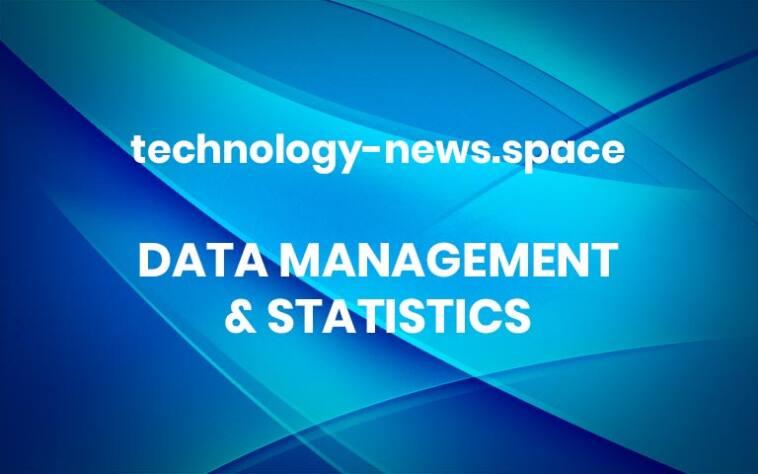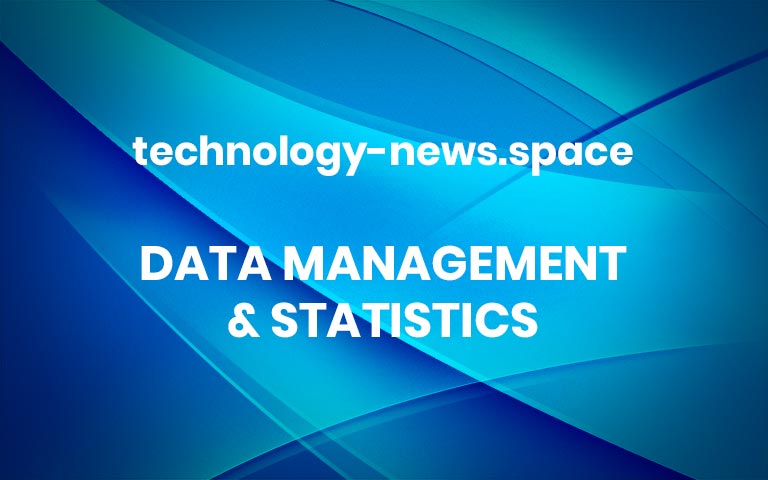MIT welcomes nine MLK Visiting Professors and Scholars for 2023-24
Established in 1990, the MLK Visiting Professors and Scholars Program at MIT welcomes outstanding scholars to the Institute for visiting appointments. MIT aspires to attract candidates who are, in the words of Martin Luther King Jr., “trailblazers in human, academic, scientific and religious freedom.” The program honors King’s life and legacy by expanding and extending the reach of our community.
The MLK Scholars Program has welcomed more than 140 professors, practitioners, and professionals at the forefront of their respective fields to MIT. They contribute to the growth and enrichment of the community through their interactions with students, staff, and faculty. They pay tribute to Martin Luther King Jr.’s life and legacy of service and social justice, and they embody MIT’s values: excellence and curiosity, openness and respect, and belonging and community.
Each new cohort of scholars actively participates in community engagement and supports MIT’s mission of “advancing knowledge and educating students in science, technology, and other areas of scholarship that will best serve the nation and the world in the 21st century.”
The 2023-2024 MLK Scholars:
Tawanna Dillahunt is an associate professor at the University of Michigan’s School of Information with a joint appointment in their electrical engineering and computer science department. She is joining MIT at the end of a one-year visiting appointment as a Harvard Radcliffe Fellow. Her faculty hosts at the Institute are Catherine D’Ignazio in the Department of Urban Studies and Planning and Fotini Christia in the Institute for Data, Systems, and Society (IDSS). Dillahunt’s research focuses on equitable and inclusive computing. During her appointment, she will host a podcast to explore ethical and socially responsible ways to engage with communities, with a special emphasis on technology.
Kwabena Donkor is an assistant professor of marketing at Stanford Graduate School of Business; he is hosted by Dean Eckles, an associate professor of marketing at MIT Sloan School of Management. Donkor’s work bridges economics, psychology, and marketing. His scholarship combines insights from behavioral economics with data and field experiments to study social norms, identity, and how these constructs interact with policy in the marketplace.
Denise Frazier joins MIT from Tulane University, where she is an assistant director in the New Orleans Center for the Gulf South. She is a researcher and performer and brings a unique interdisciplinary approach to her work at the intersection of cultural studies, environmental justice, and music. Frazier is hosted by Christine Ortiz, the Morris Cohen Professor in the Department of Materials Science and Engineering.
Wasalu Jaco, an accomplished performer and artist, is renewing his appointment at MIT for a second year; he is hosted jointly by Nick Montfort, a professor of digital media in the Comparative Media Studies Program/Writing, and Mary Fuller, a professor in the Literature Section and the current chair of the MIT faculty. In his second year, Jaco will work on Cyber/Cypher Rapper, a research project to develop a computational system that participates in responsive and improvisational rap.
Morgane Konig first joined the Center for Theoretical Physics at MIT in December 2021 as a postdoc. Now a member of the 2023–24 MLK Visiting Scholars Program cohort, she will deepen her ties with scholars and research groups working in cosmology, primarily on early-universe inflation and late-universe signatures that could enable the scientific community to learn more about the mysterious nature of dark matter and dark energy. Her faculty hosts are David Kaiser, the Germeshausen Professor of the History of Science and professor of physics, and Alan Guth, the Victor F. Weisskopf Professor of Physics, both from the Department of Physics.
The former minister of culture for Colombia and a transformational leader dedicated to environmental protection, Angelica Mayolo-Obregon joins MIT from Buenaventura, Colombia. During her time at MIT, she will serve as an advisor and guest speaker, and help MIT facilitate gatherings of environmental leaders committed to addressing climate action and conserving biodiversity across the Americas, with a special emphasis on Afro-descendant communities. Mayolo-Obregon is hosted by John Fernandez, a professor of building technology in the Department of Architecture and director of MIT’s Environmental Solutions Initiative, and by J. Phillip Thompson, an associate professor in the Department of Urban Studies and Planning (and a former MLK Scholar).
Jean-Luc Pierite is a member of the Tunica-Biloxi Tribe of Louisiana and the president of the board of directors of North American Indian Center of Boston. While at MIT, Pierite will build connections between MIT and the local Indigenous communities. His research focuses on enhancing climate resilience planning by infusing Indigenous knowledge and ecological practices into scientific and other disciplines. His faculty host is Janelle Knox-Hayes, the Lister Brothers Professor of Economic Geography and Planning in the Department of Urban Studies and Planning.
Christine Taylor-Butler ’81 is a children’s book author who has written over 90 books; she is hosted by Graham Jones, an associate professor of anthropology. An advocate for literacy and STEAM education in underserved urban and rural schools, Taylor-Butler will partner with community organizations in the Boston area. She is also completing the fourth installment of her middle-grade series, “The Lost Tribe.” These books follow a team of five kids as they use science and technology to crack codes and solve mysteries.
Angelino Viceisza, a professor of economics at Spelman College, joins MIT Sloan as an MLK Visiting Professor and the Phyllis Wallace Visiting Professor; he is hosted by Robert Gibbons, Sloan Distinguished Professor of Management, and Ray Reagans, Alfred P. Sloan Professor of Management, professor of organization studies, and associate dean for diversity, equity, and inclusion at MIT Sloan. Viceisza has strong, ongoing connections with MIT. His research focuses on remittances, retirement, and household finance in low-income countries and is relevant to public finance and financial economics, as well as the development and organizational economics communities at MIT.
Javit Drake, Moriba Jah, and Louis Massiah, members of last year’s cohort of MLK Scholars, will remain at MIT through the end of 2023.
There are multiple opportunities throughout the year to meet our MLK Visiting Scholars and learn more about their research projects and their social impact.
For more information about the MLK Visiting Professors and Scholars Program and upcoming events, visit the website. More



